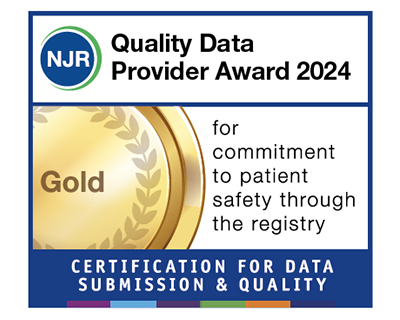Springfield Hospital Specialists
-
Mr Maged Abdelkader
Mr Maged Abdelkader is a Consultant ENT Surgeon in Essex and Hertfordshire specialising in voice disorders, sinus surgery, rhinology, hearing loss, snoring, and recurrent nose bleeds
Read more -
Mr Arcot Maheshwar
Mr Arcot Maheshwar is a Consultant ENT Surgeon in Essex specialising in tonsillectomy, grommets, nasal and sinus surgery, voice problems, head and neck cancers, neck lumps, salivary gland problems and thyroid surgeries.
Read more -
Mr Duncan McRae
Mr Duncan McRae is the senior ENT surgeon in Essex specialising in rhinology (nasal conditions), otology (ear conditions) and throat symptoms.
Read more -
Mr Simon Smith
Mr Simon Smith is Consultant General surgeon in Essex who specialises in breast and endocrine surgery.
Read more
